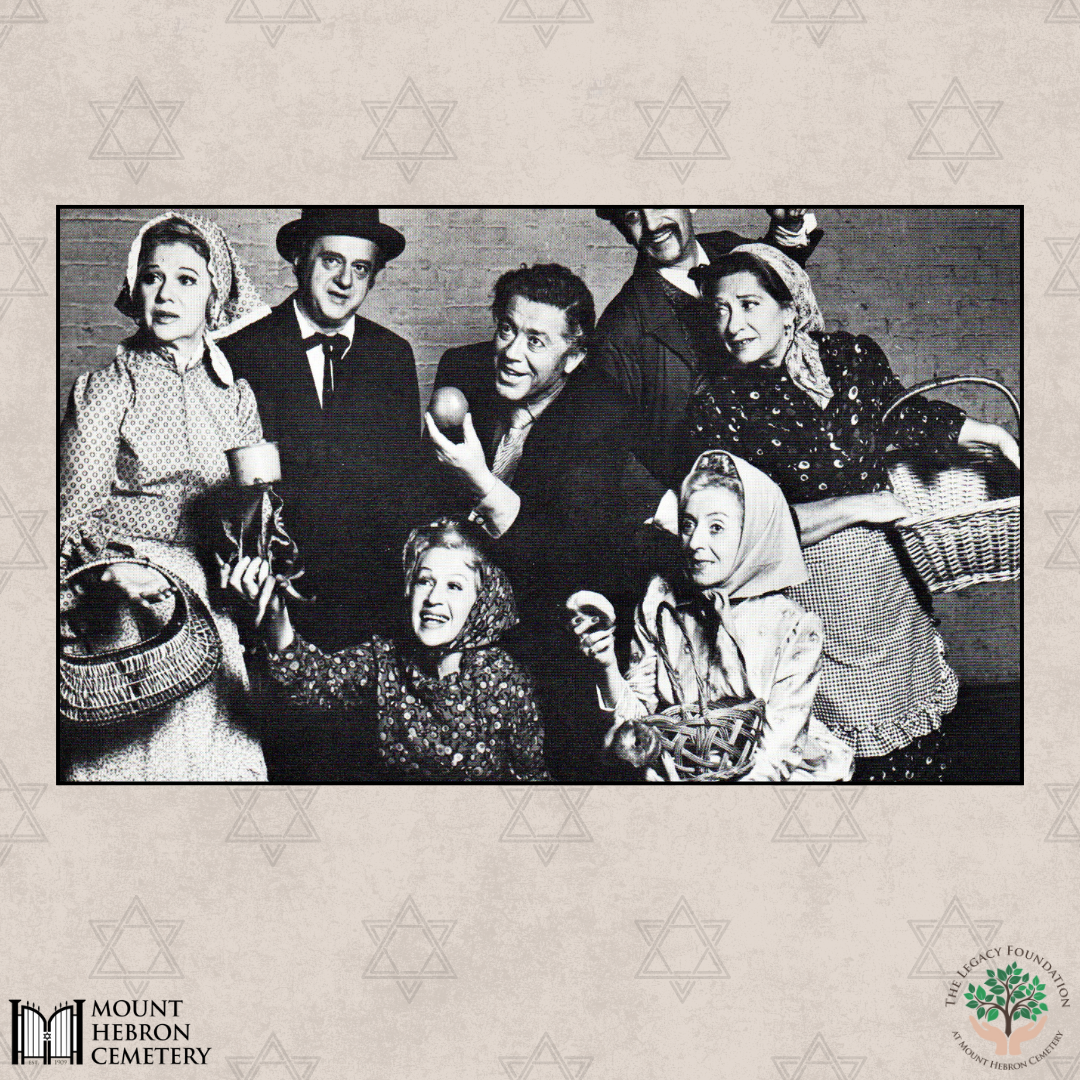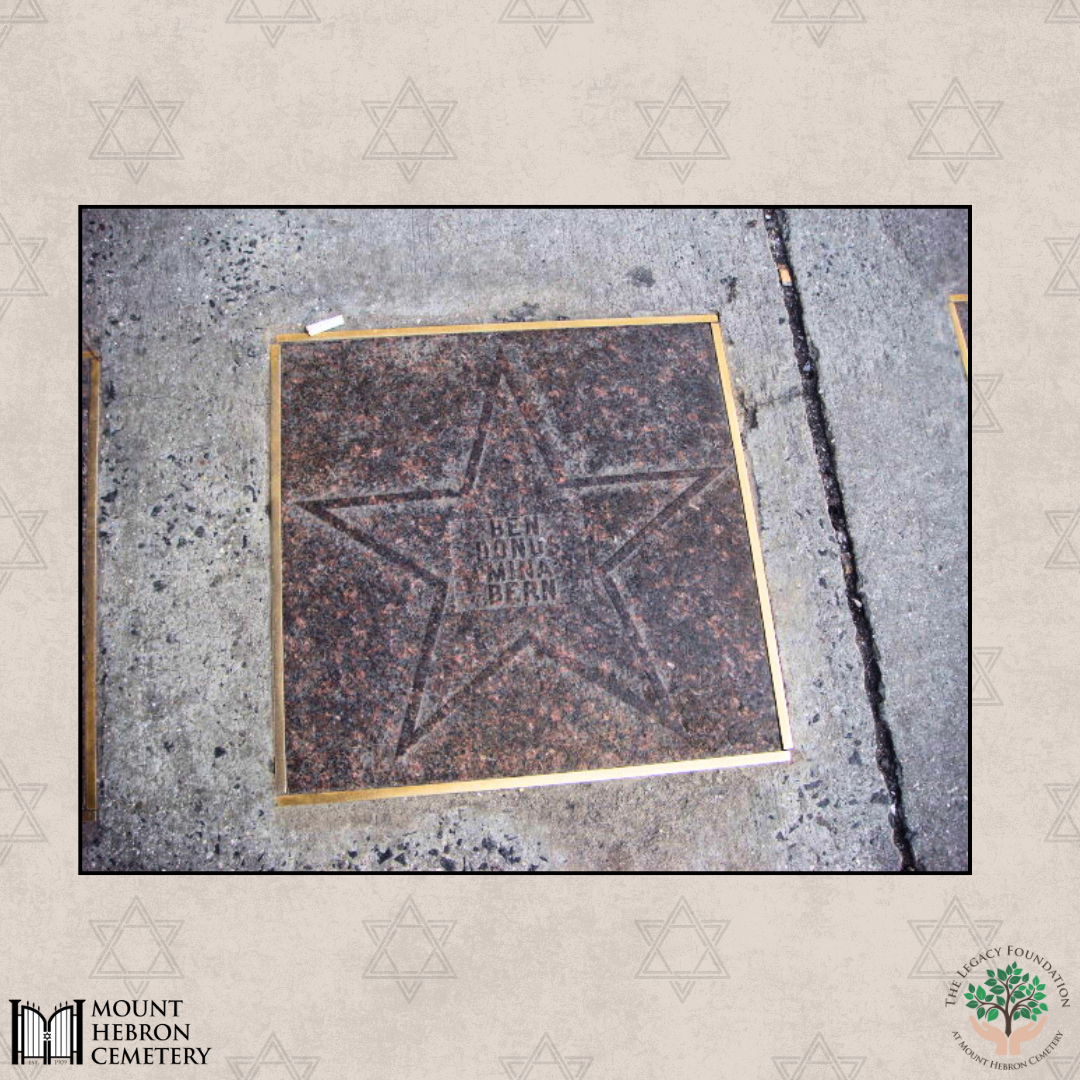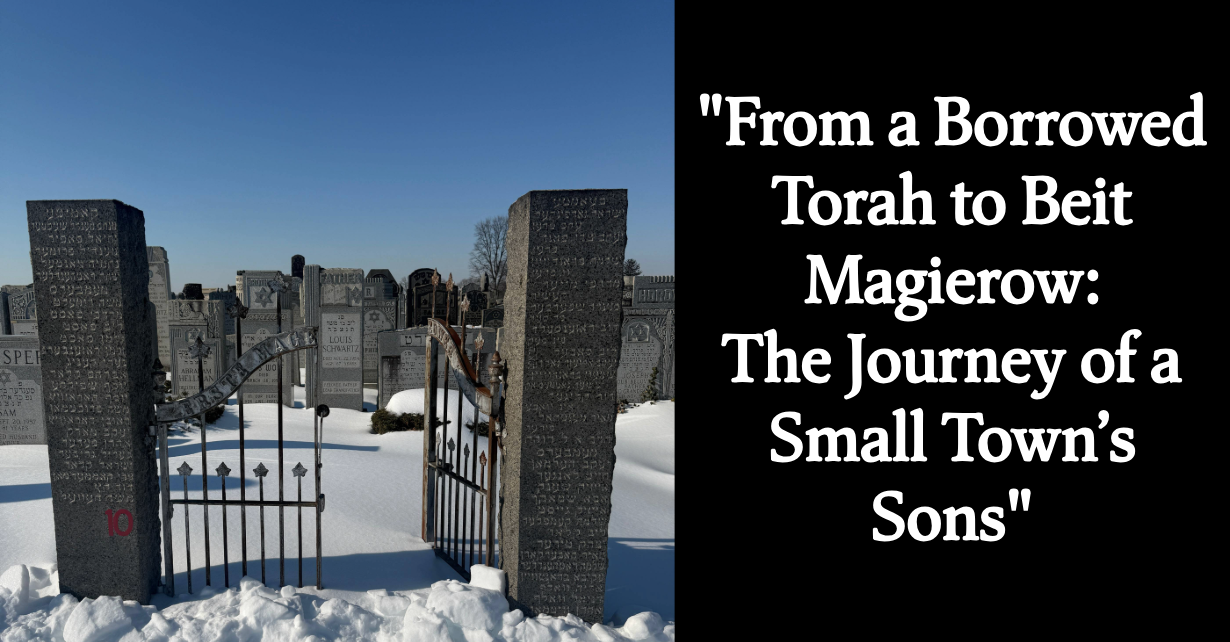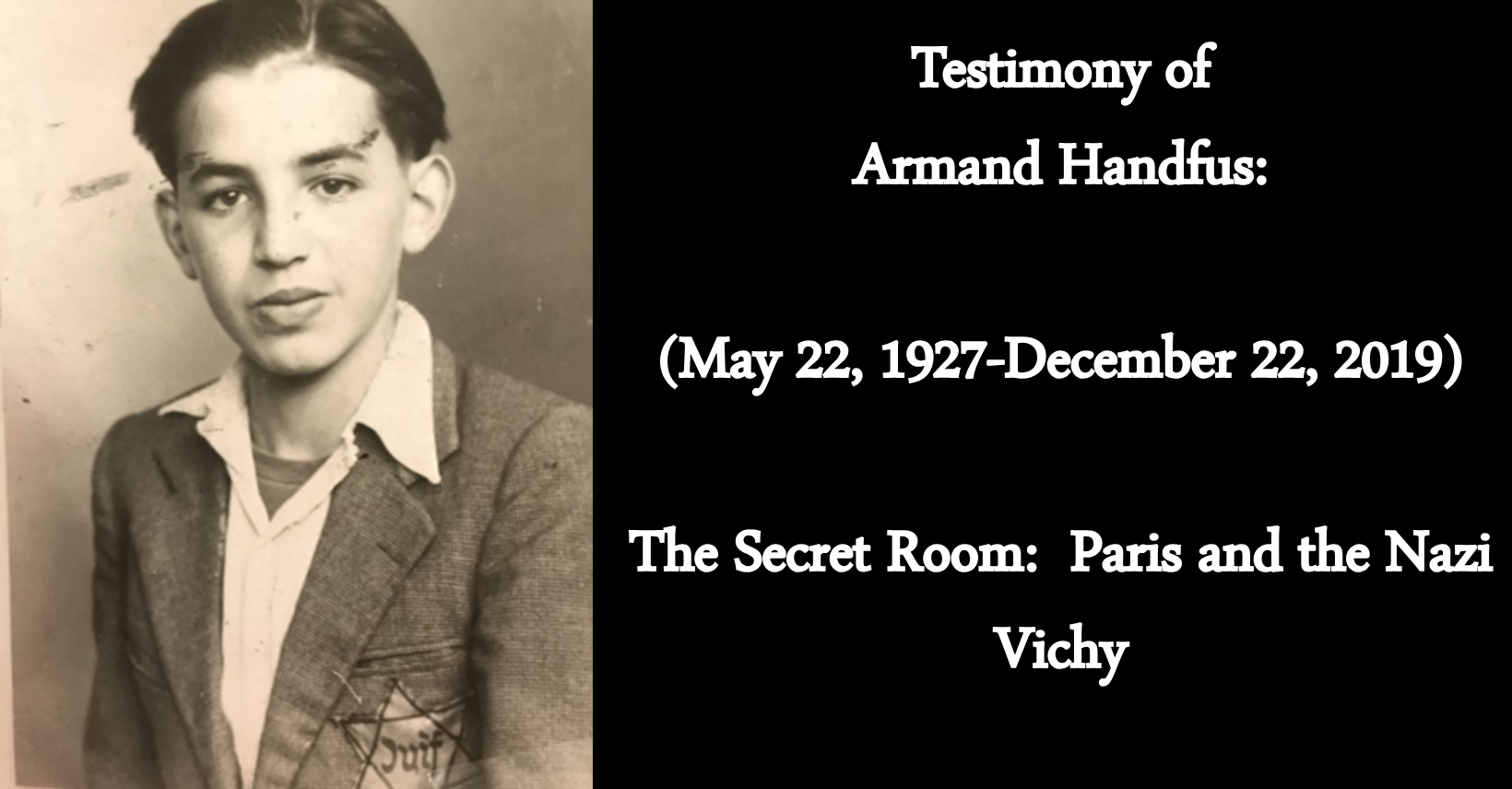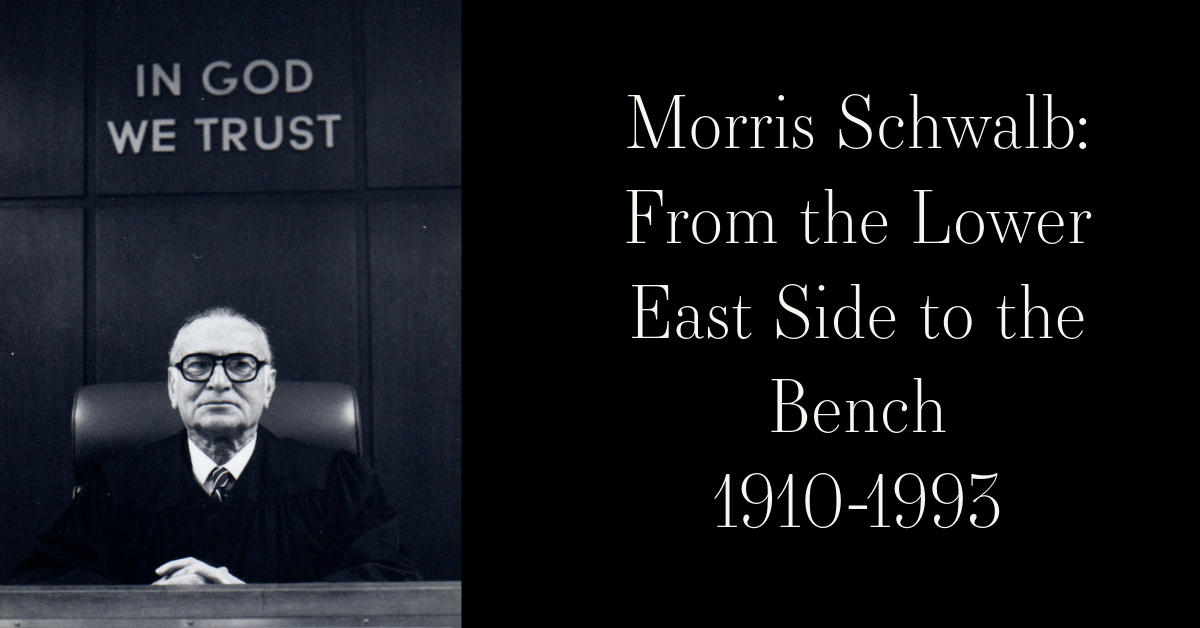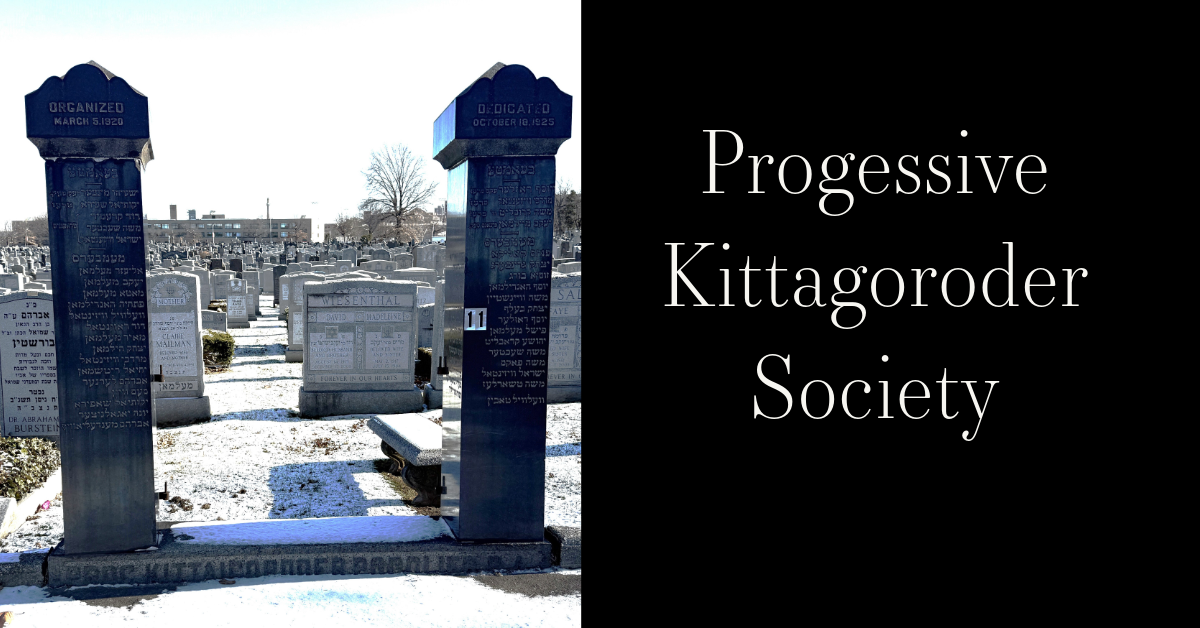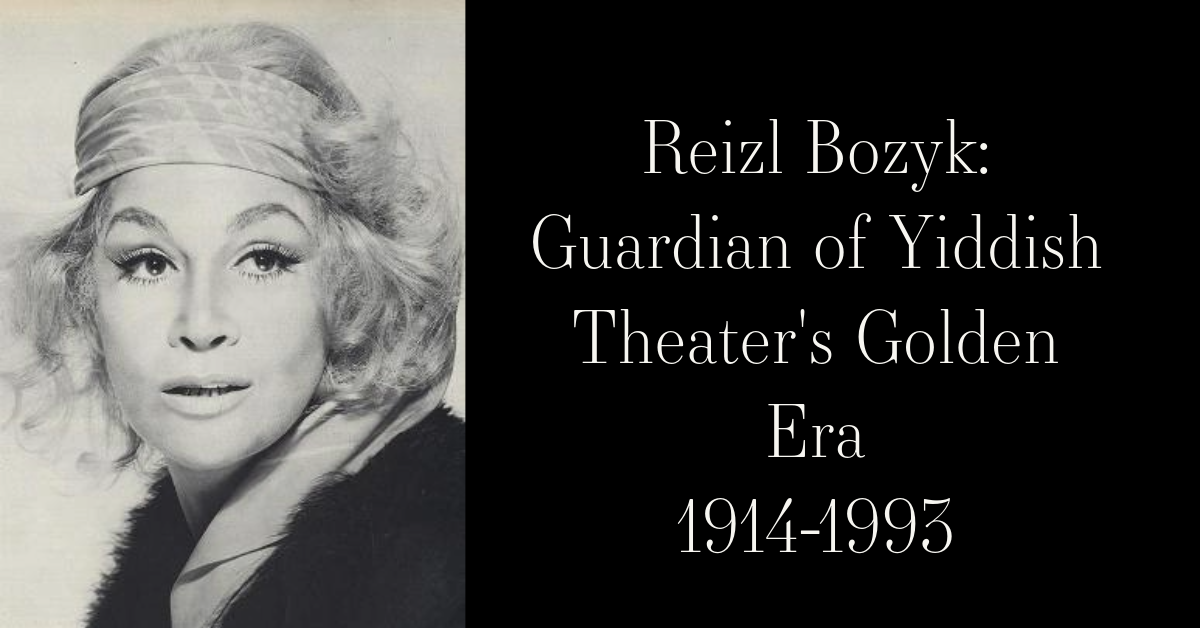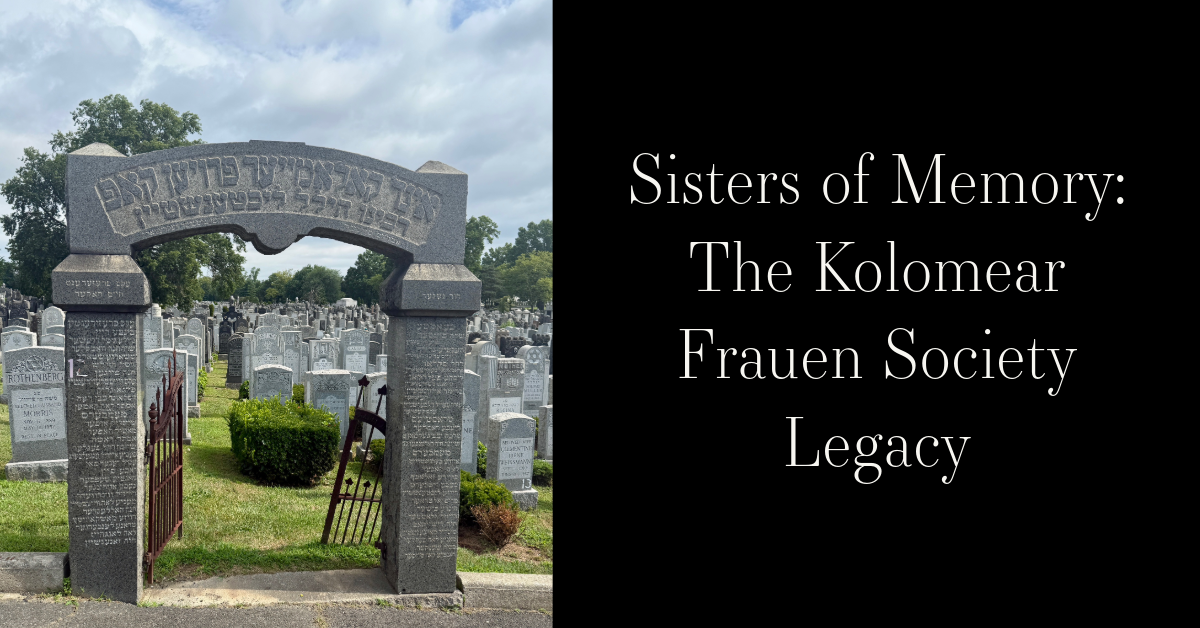Story Summary:
Ben Bonus, born Baruch Bonus in 1920 in Horodenka, Poland, was a gifted singer who immigrated to the U.S. at 17, escaping the fate of his family who perished in the Holocaust. In America, he became a prominent figure in Yiddish theatre, performing, producing, and founding multiple troupes and venues. With mentors like Jacob Ben-Ami and Herman Yablokoff, and later his wife Mina Bern, Ben kept Yiddish culture alive through over 100 plays and musicals, including Broadway revues. He dedicated his life to preserving Jewish heritage through theatre until his death in 1984.
~Blog by Renee Meyers
Ben Bonus: Yiddish Actor and Singer
In his early years, Ben Bonus was known by the name of Baruch Bonus. He was born on November 9, 1920 in Horodenka in Eastern Galicia, Poland. Ben lived with his parents, Meier and Sheyne Reyzl Bonus as well as his 4 brothers and 2 sisters. His father, Meier, was initially employed as a baker before he changed his occupation and became a fruit seller.
Ben received private voice lessons which was how he learned to sing. Until he was twelve years old, Ben was in a school called a Cheder after which time he was transferred to a local Polish Gymnasium. It was around now that Ben began to perform in children’s troupes. At some point, Ben decided he wanted to be out in the world and on his own and reportedly ran away from home. He lived in Lvov and made his livelihood by singing in people’s courtyards. Once he returned home, Ben completed his education at the Gymnasium. He also began touring with a troupe called Shtshogol for a brief time. Ben had an aunt named Mary Schacter who was the catalyst in changing Ben’s life. When he was just seventeen years old, Mary took Ben with her to America on a Polish ship called The Pilsudski. However, Ben’s parents and siblings remained in Horodenka where they eventually perished in the Holocaust.
After Ben arrived in America, he became a performer with the Goldfaden Theatre. During this time, Ben began performing in concerns and singing Yiddish songs from the radio. Ben was taken under the wing of Actor, Jacob Ben-Ami and he taught Ben much about the craft of Acting. Herman Yablokoff, another actor, also instructed Bonus in the Theatre Arts. Yablokoff was reportedly astonished by Ben’s singing voice as a young man.
It was in one of Ben’s acting classes that he met a young woman named Pepie Sonnenreich. Ben became enamored of her and they became husband and wife in the year 1940. Ben and Pepie moved to the Bronx where they resided with Pepie’s two brothers, Morris and Jack. In 1940, Pepie gave birth to their son, Sidney Bonus.
Ben’s career soon began to skyrocket. In 1942, Ben joined a Detroit based acting troupe started by his mentor, Jacob Ben-Ami, and performed a variety of famous works. After his involvement in the Detroit troupe, Ben went on a nine-month tour with the Los Angeles based Folksbiene Theatre, and performed for both the Jewish Worker’s Committee and the Histadrut. Meanwhile, Pepie and Ben welcomed their second son, Jack in 1945. The next year, Ben decided to form his own Theatre troupe and called it “The Yiddish Mobile Theatre.” This troupe was so successful that they had tours in more than seventy cities.
Ben decided to move back to Manhattan where he shifted his talents and started acting in Vaudeville and in the Israel Rosenberg Theatre. In 1949, Ben was invited to join the Yiddish Actor’s Union. Also in that year, when Ben was performing in the show, Shalom, Tel Aviv, he met Mina Bern, who would eventually become the second Mrs. Bonus. Ben and Mina would work as a team, performing and developing shows for well over 30 years. Ben divorced his first wife in 1951 and got remarried to Mina in 1952.
In the year 1952, Ben became co-manager of the National Yiddish Vaudeville Theatre in Manhattan with Henrietta Jacobson and Abraham Littman. In the later part of the 1950’s, Ben went on tour with a group known as The Farband Players, which included prominent members such as Mina Bern, Lily Lilliano and Leon Liebgold. This Troupe continued to tour into the 1960’s and later added other entertainers inclulding the comedian, Shmulik Goldstein and the pianist, Paula Kadison. This group toured all over South America. In 1964, Ben came back to Manhattan and resumed performing there. In 1966, Ben established a new Yiddish Theatre in Brooklyn called the Borough Park Theatre. Ben also opened the Village Theatre in Manhattan. Ben and his wife kept their dreams of Yiddish Theatre alive by making the company’s wardrobes and designing the scenery.
Ben was known as a performer whose goal has always been to present programs that would reflect both the culture and traditions of Yiddish life and theatre. He brought several Yiddish plays to Broadway. The first was “Let’s Sing Yiddish,” in which he was a star, producer and collaborator. This show was a revue of various songs by several well- known singers. In 1967, Ben performed a play called “Sing, Israel, Sing.” And in 1970, Ben performed “Light, Lively and Yiddish” also on Broadway. In his career, Ben acted in and produced over a hundred plays and musicals, in addition to the Yiddish plays, such as “From Rome to Jerusalem,” (1949), “Father and Son,” (1956), “Once Upon a Time,” (1977), “The World of Goldfaden,” (1982), and “Let there be Joy,” (1983).
Ben Bonus died on April 6, 1984 in Miami. After his death, his wife, Mina Bern, related that Ben spent most of his life in the Yiddish Theatre firstly because of his love for it and secondly due to the fact that the Nazi’s murdered 6 million Jews, including his parents and his family. As a result of these two factors, Ben felt he should keep alive the songs, the classics, the poetry, and the music of the Jewish people. Ben was quoted as saying, “People sit for hours listening to Opera in Italian or Russian, without understanding a single word. Why? Because the sheer beauty comes through anyhow. It is the same with Yiddish theatre.” Ben Bonus leaves a legacy of keeping Yiddish alive in the United States during the 1960’s and 1970’s.
Blog by Renee Meyers



